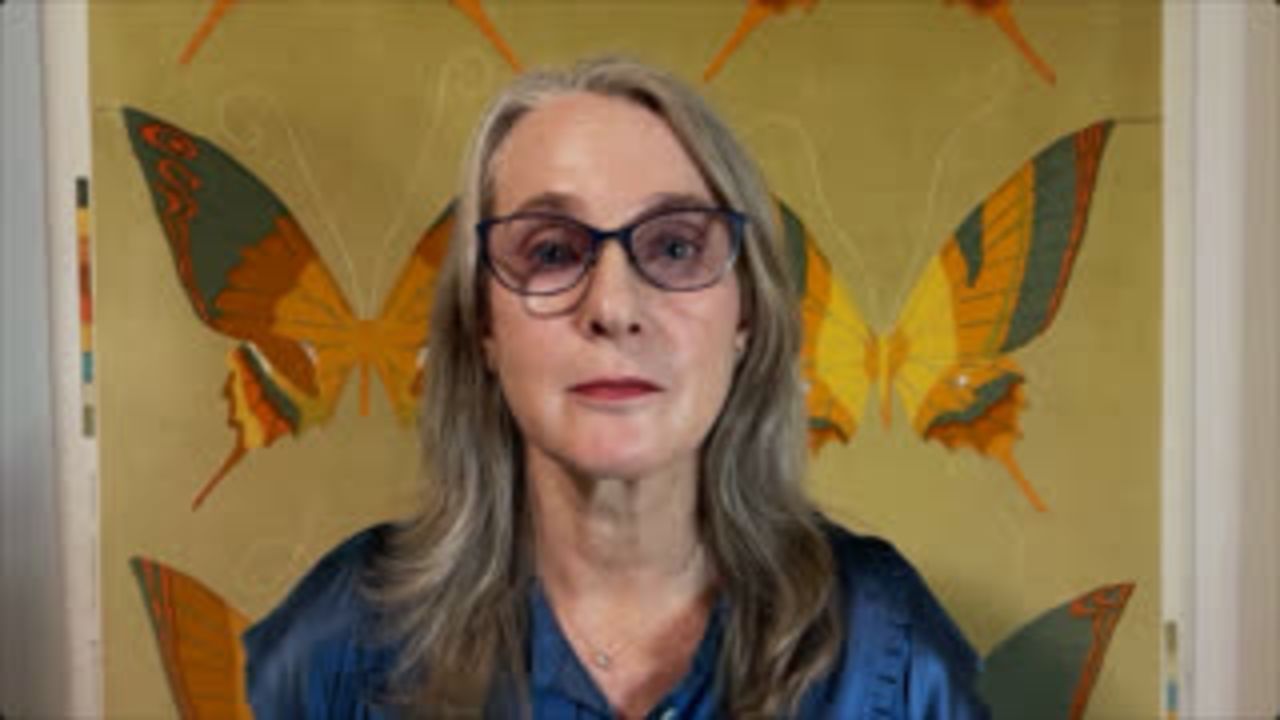UPDATE: Author and criminal justice reform advocate Piper Kerman has raised serious concerns regarding the special privileges that Ghislaine Maxwell is reportedly receiving during her incarceration. In a recent interview, Kerman described these conditions as “very unusual,” highlighting the stark contrasts with typical prison experiences.
Kerman, best known for her memoir Orange is the New Black, which sparked a cultural phenomenon, emphasized that the treatment of Maxwell, a high-profile inmate convicted for her role in the Jeffrey Epstein scandal, raises important questions about equity within the justice system. “The things that are being reported are alarming,” Kerman stated, drawing attention to a situation that many believe undermines the principles of justice.
New reports confirm that Maxwell has access to amenities not typically afforded to ordinary inmates, including luxurious food options and extended visitation hours. This has ignited a public outcry, with critics arguing that such privileges are a clear indication of a two-tiered justice system.
The urgency of this matter cannot be overstated. As discussions about prison reform continue to gain momentum, the treatment of inmates like Maxwell could have significant implications for future policies. Kerman’s comments come at a time when advocates are pushing for equal treatment for all prisoners, regardless of their social status or connections.
In October 2023, Maxwell was sentenced to 20 years in federal prison for sex trafficking. As she serves her time, the spotlight remains on her treatment behind bars. Public advocates and legal experts are calling for transparency regarding prison conditions, asserting that no inmate should receive preferential treatment.
What happens next is critical. Observers are urging authorities to investigate the conditions of Maxwell’s confinement to ensure fairness and accountability within the prison system. As Kerman’s remarks circulate, expect heightened scrutiny and potential reforms aimed at addressing disparities faced by inmates.
This developing story raises vital questions about justice and the treatment of inmates in the United States. Many are eager to see how this situation unfolds and what changes might arise from it. Share your thoughts and engage in the conversation as we monitor this urgent issue closely.
